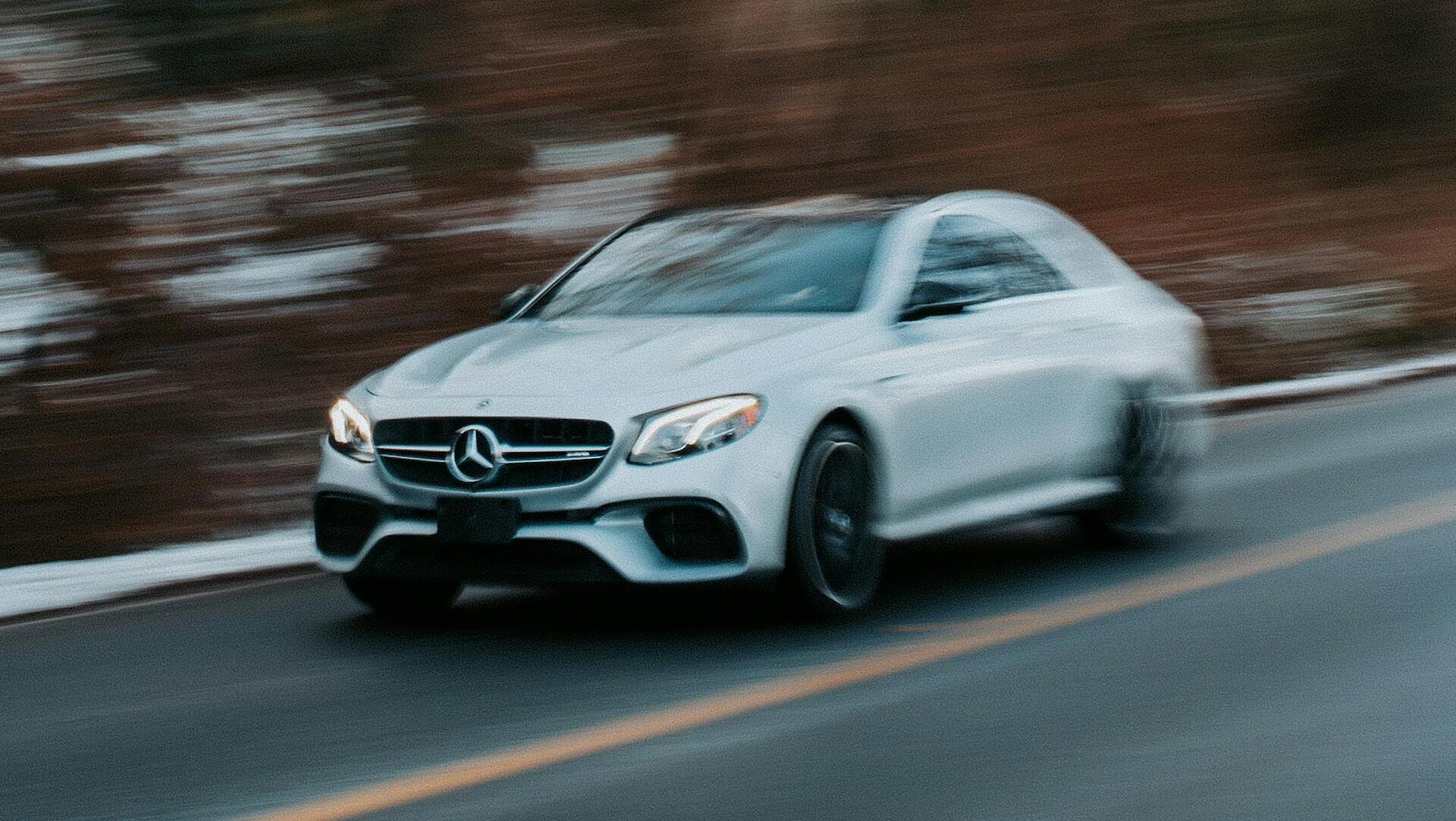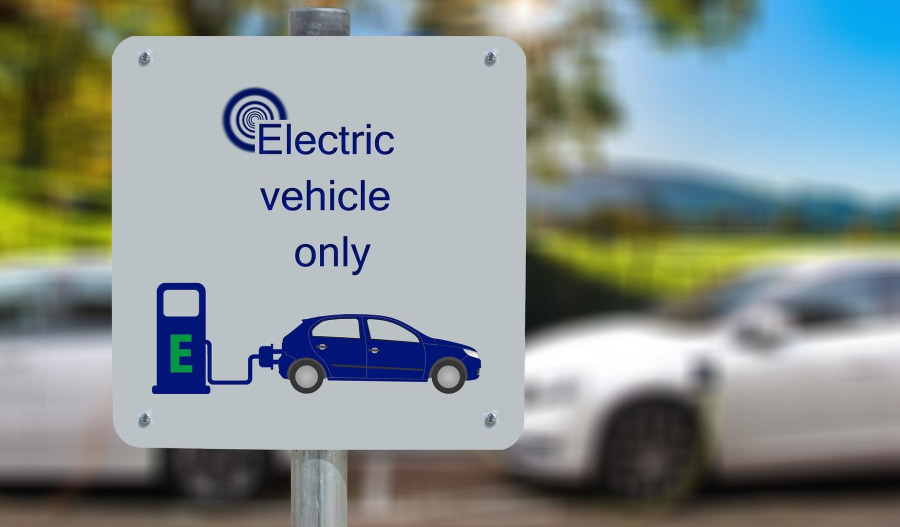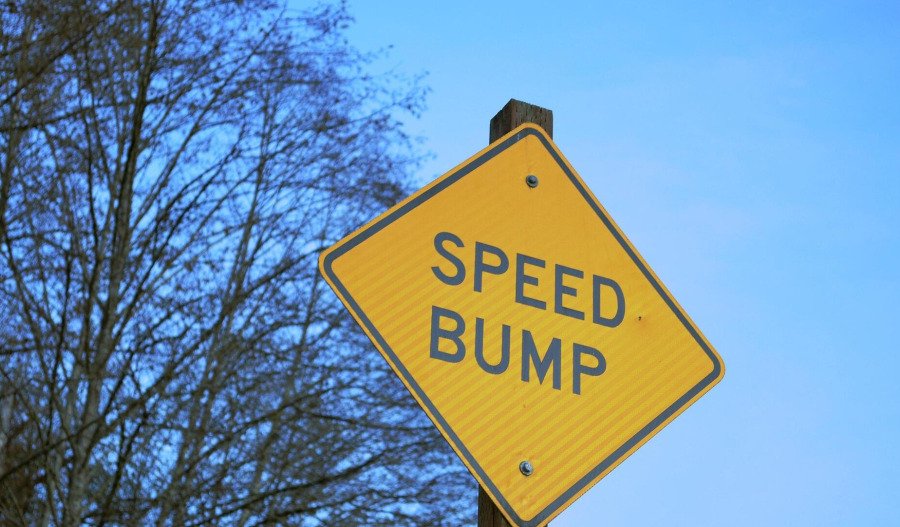Shares in Europe’s top automakers surged on Wednesday (Thursday AEST), lifted by investor optimism following a surprise trade agreement between the United States and Japan.
German luxury carmakers Volkswagen, BMW, and Mercedes-Benz Group each rose more than 4%, while Porsche jumped 6.3% — its biggest single-day gain in months.
The rally comes as markets bet that similar tariff relief could be extended to European and South Korean manufacturers. This could ease pressure on global supply chains and profit margins.
The U.S.-Japan deal, announced by President Trump, lowers tariffs on Japanese auto imports from a proposed 25% to 15%, avoiding a worst-case scenario for Tokyo’s carmakers.
Citi economist Katsuhiko Aiba notes the absence of export caps in the agreement. This suggests room for negotiation with other major auto-exporting regions like the European Union and South Korea.
European automakers, which exported nearly 758,000 vehicles worth €38.9 billion to the U.S. in 2024, are particularly exposed to tariff risks.
The European Commission is now accelerating talks with Washington ahead of a 1 August deadline, hoping for similar terms.
Analysts say the Japan deal sets a precedent for reciprocal tariff reductions without volume restrictions. This could benefit German automakers with significant U.S. operations.
BMW and Mercedes-Benz have already signaled confidence in reaching a deal that balances imports and exports, while Porsche is expected to outline its tariff strategy in upcoming earnings.
Beyond tariffs, the rally reflects broader investor relief after months of uncertainty. German carmakers have faced headwinds from weak EV demand, rising China competition, and geopolitical tensions.
BMW, which outperforms its peers in the electric vehicles strategy, is seen as a bellwether for the sector’s resilience.
Porsche’s gains also reflect investor confidence in its premium positioning and potential pricing power amid global disruptions.
While the Japan deal buoys sentiment, risks remain.
E.U. negotiators must still navigate complex trade dynamics, and any delay could trigger steep U.S. tariffs. For now, the market is betting on diplomacy — and the possibility that Europe’s auto giants may follow Japan’s lead in securing a more favourable path forward.
Related content



